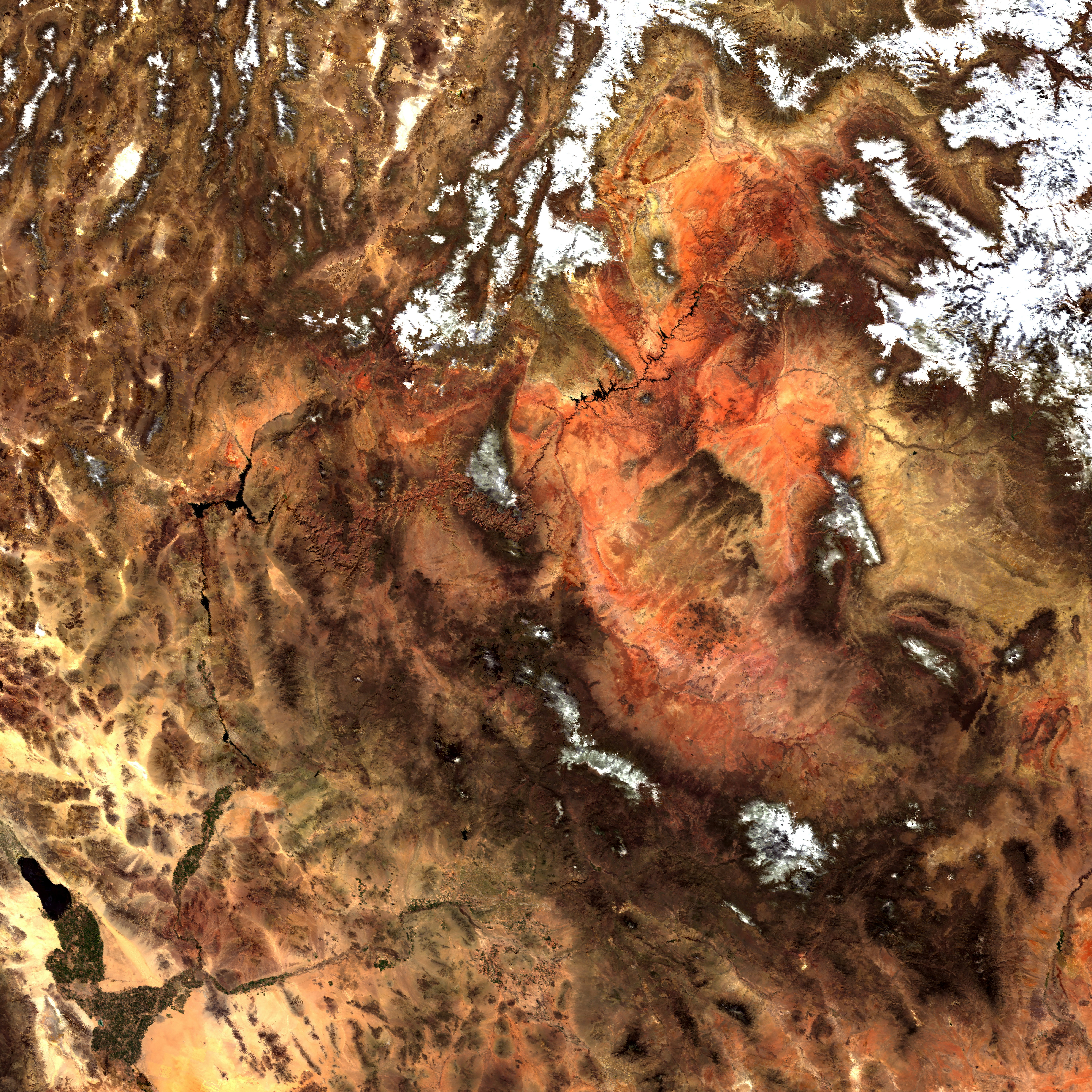Geopolitics of AI: Africa's Role in a Shifting Global Landscape
Tags
The geopolitics of Artificial Intelligence (AI) is shaping the future of global power, economic development, and international relations. As AI becomes an increasingly critical tool for technological advancement, economic growth, and geopolitical influence, countries are racing to establish dominance in this space. Central to this competition are the United States and China, two global superpowers locked in an ongoing AI arms race. What are the impacts for Africa of this AI arms race, and what place does Africa hold in the geopolitics of AI?
These issues are explored in detail in my new book The New Empire of AI: The Future of Global Inequality. Some key points are set out below, and were highlighted in a recent webinar on Africa and the Geopolitics of AI, organised by the Oxford University Blavatnik School of Governance and the Centre for International Governance Innovation.
The Global Race for AI Dominance
In recent years, the battle for AI leadership between China and the United States has intensified. Both countries recognize AI’s potential to redefine global power structures, with vast implications for economic competitiveness, military strength, and geopolitical influence. The recent reports of OpenAI’s call for a “US AI Compact” to create an economic bloc of the United States and allied nations is emblematic of the growing effort to consolidate influence in this domain. The so-called “middle countries”, mainly those in Western Europe, are grappling to stay relevant and competitive amid rapidly advancing AI technologies and an intensifying global AI race.
Within this new global order, what is Africa’s role and position?
Africa's Crucial Role in the AI Ecosystem
Amid the global AI race, Africa occupies a crucial yet paradoxical position. The continent is integral to global AI supply chains, yet, it faces challenges in harnessing AI for its own socio-economic development.
Africa plays a vital role in supplying essential resources for AI production, yet this role is not fairly acknowledged or compensated. Digital extractivism remains a key characteristic of how Africa’s people and resources are used in global AI value chains.
At the beginning of this value chain, cobalt, a mineral crucial to the manufacturing of smartphones and batteries, is extracted from the Democratic Republic of Congo and is integral to the global AI infrastructure. Yet, the industries of mineral extraction in the DRC remain fraught with human rights abuses. At the end of the value chain, disregarded electronics are dumped on African soil, with Agbogbloshie in Accra, Ghana, as one of the world’s largest e-wastage sites.
African workers also contribute to AI development through data labeling, machine learning model training, and gig economy labor, providing the groundwork for AI's growth. This work is often precarious, without adequate compensation and with limited labour protections.
Despite the significant contribution Africa makes to the global AI value chains, these contributions do not translate into sustainable benefits for the Continent. Concurrently, for Africa to “catch-up” with the global rate of pace of AI adoption, its countries’ will need to leverage significant resources and funding, which may lead the diversion of national budgets away from critical sectors like healthcare and education.
Advancing African Agency in AI: Key Actions
While many steps need to be taken to address some of the issues outlined in the brief above, two important proposals are discussed here.
Recognize Africa’s Existing Role in AI Production
Africa's contribution to the global AI ecosystem is already significant, and it is essential that this role is recognized and protected. African workers in the gig economy play a vital role in AI data labeling and training, and it is crucial to establish stronger labor protections for gig workers and micro-workers at national levels. Strengthening labor laws to protect workers' rights, including ensuring access to collective bargaining, as well as allow African workers to secure better conditions and remuneration for their contributions to the AI sector.Further attention must be paid to mechanisms to advance the due diligence responsibilities of large AI companies whose supply chains reach around the world. This includes addressing the environmental impacts and responsibilities of AI technologies and companies.
Protecting African Sovereignty and Values
AI technologies are the product of the social value systems out of which they arise. It is essential that African nations take proactive steps to protect their own diverse cultural, ethical, and political values in the adoption of AI technologies built and designed elsewhere. This includes determining the principles of governance that should guide AI deployment, such as human rights, accountability, and benefits sharing.
Summation
In the evolving geopolitics of AI, Africa must navigate a complex landscape of opportunity and risk. The Continent’s role as both a resource provider and a growing hub for AI adoption places it at the heart of the global conversation on technology, ethics, and governance. By asserting its agency, strengthening governance frameworks, and fostering AI systems rooted in African values, Africa can shape the future of AI in a way that benefits its people and contributes to a more just and equitable global order.
Author: Rachel Adams
Acknowledgement:
This analysis is based on research funded by the International Development Research Centre (IDRC) and UK International Development under the AI4D program, as part of the African Observatory on Responsible AI.




